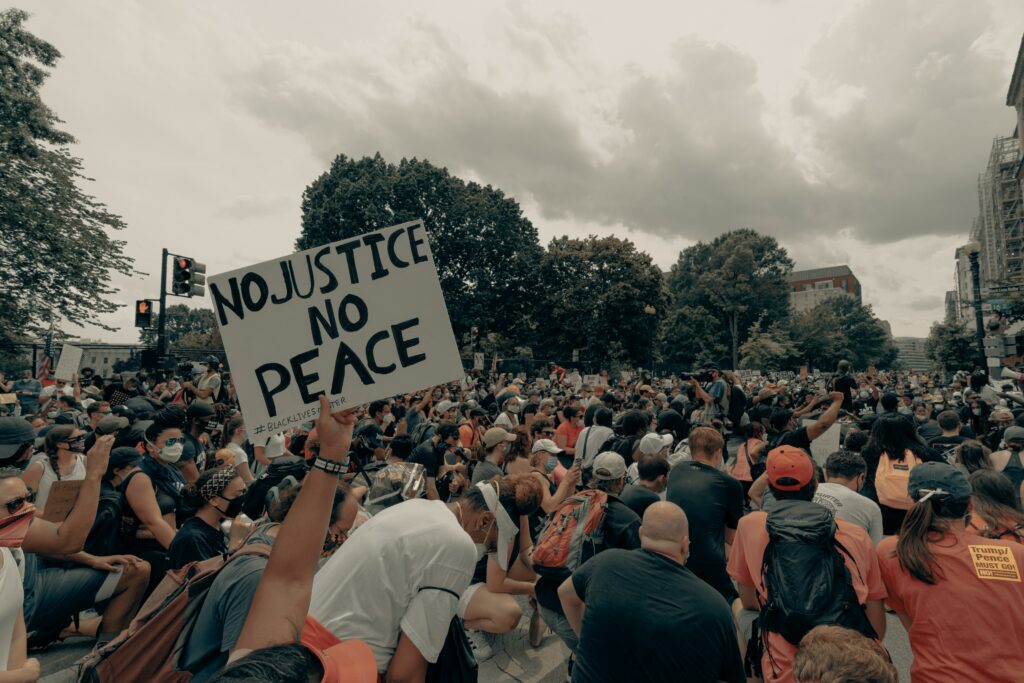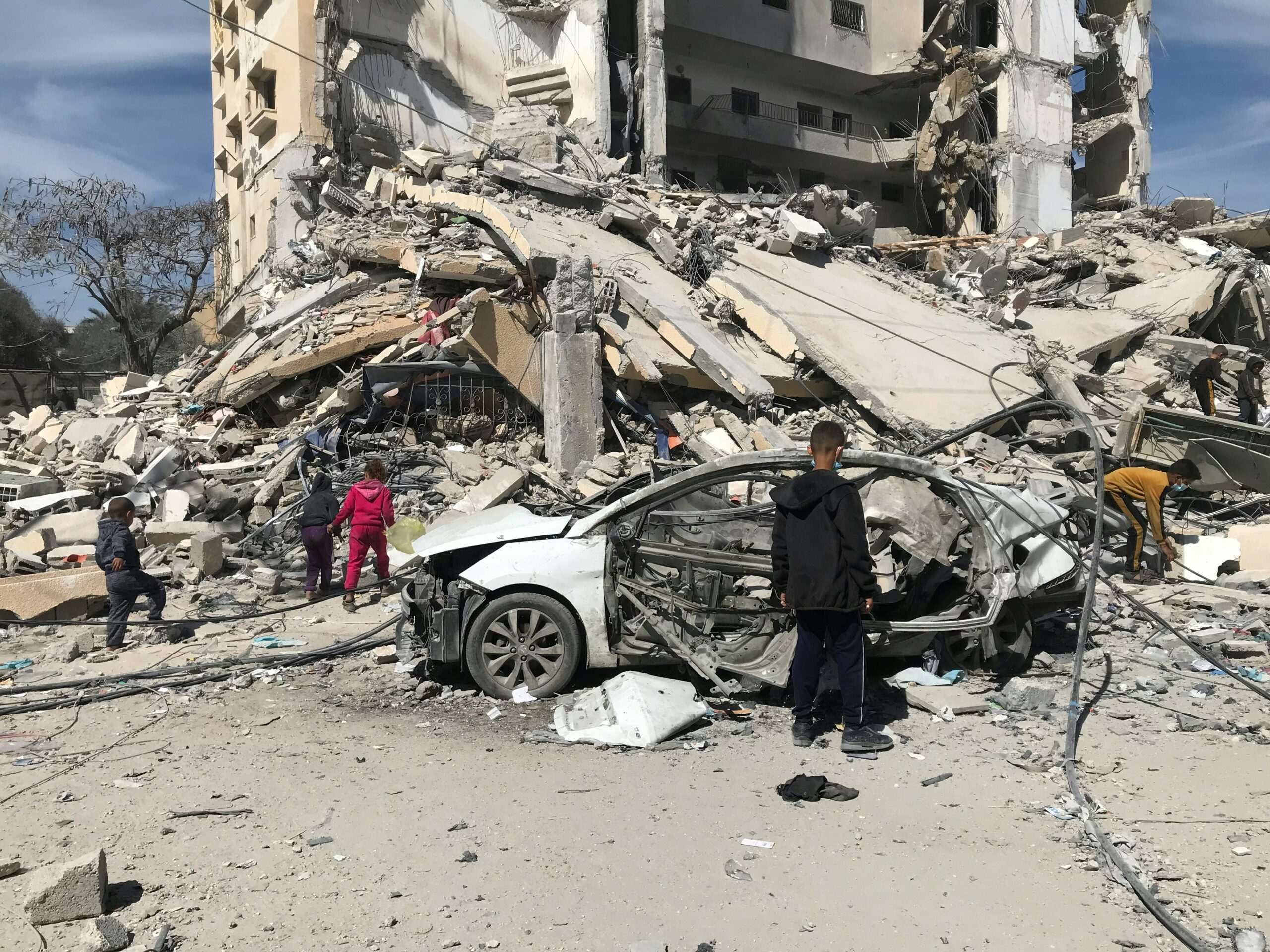My education has had a significant influence on how I perceive human rights, giving me a thorough and comprehensive understanding of these important topics. The following are some particular instances that demonstrate this effect. Foundation of human rights was one of the core courses I took, it covered the evolution of human rights from ancient civilizations to the present. Important turning points including the Magna Carta, the Enlightenment, and the Universal Declaration of Human Rights (UDHR) were covered in this course. Knowing the background made it easier for me to comprehend the protracted and continuous fight for human rights as well as the different political and philosophical influences that have molded contemporary frameworks.
“Freedom means the supremacy of human rights everywhere. Our support goes to those who struggle to gain those rights or keep them.” – Franklin D. Roosevelt
Analyzing important court rulings and global treaties was an important factor in my coursework. Analyzing international agreements like the Convention on the Elimination of All Forms of Discrimination Against Women (CEDAW), for example, improved my comprehension of the worldwide initiatives to defend and advance human rights. These accords shed light on how rulings can either support or undermine human rights.
The significance of interdisciplinary approaches to human rights was also underlined in my coursework. Foundations of human rights, Genocide, and States Violence and emergency of Capitalism classes offered a variety of perspectives on human rights concerns. For instance, in the Food, Art, and Community course, we examined environmental justice and the relationship between environmental conservation and human rights, emphasizing how environmental degradation disproportionately impacts vulnerable populations. Dr. Vandana Shiva’s book, Who Really Feeds the World, goes into much detail on the subject.
The experiential learning experiences have been maybe the most influential part of my coursework. My participation in service-learning programs and volunteer work with local human rights organizations like Mustard Seed enabled me to put my academic knowledge to use in practical situations. One particularly noteworthy experience was working for the non-profit Hope International Development Agency, where I was able to obtain firsthand knowledge of the difficulties that certain developing nations, including the Democratic Republic of Congo, Guatemala, and the Philippines, face, as well as the significance of advocacy and support services.
Finally, I have remained interested in current human rights concerns and discussions because of my schoolwork. For example, learning about the Black Lives Matter movement, intersectionality, and LGBTQ+ rights has improved my comprehension of the state of human rights advocacy today and the continuous fight for justice and equality. My critical thinking and analytical abilities have improved because of my involvement with these subjects in research papers and class discussions.

The photos used in this presentation were obtained from Unsplash, a website offering high-resolution photos under the Unsplash license.
The photos were taken in public spaces and are freely available for use. We acknowledge the photographers who made these photos available:
Clay Banks
We appreciate the generosity of these photographers in sharing their work with the public.
Note: The Unsplash license allows for free use of photos for personal or commercial purposes, with attribution not required but appreciated.”
Due to intersectionality, black women are disadvantaged. Unlike their white peers, they do not have the same privileges.
DiAngelo (2018), said “Because race is constructed as residing in people of color, whites don’t bear the social burden of race. We move easily through our society without a sense of ourselves as racialized. Race is for people of color to think about it is what happens to “them” they can bring it up if it is an issue for them (although if they do, we can dismiss it as a personal problem, the race card, or the reason for their problems).
To sum up, my studies have given me a broad and deep grasp of human rights by fusing legal, historical, multidisciplinary, and experiential viewpoints. In addition to expanding my knowledge, this all-encompassing approach has equipped me to make a significant contribution to the human rights sector.
Sources
https://www.un.org/en/about-us/universal-declaration-of-human-rights
DiAngelo, R. J. (2018). White fragility: Why it’s so hard for white people to talk about racism.
